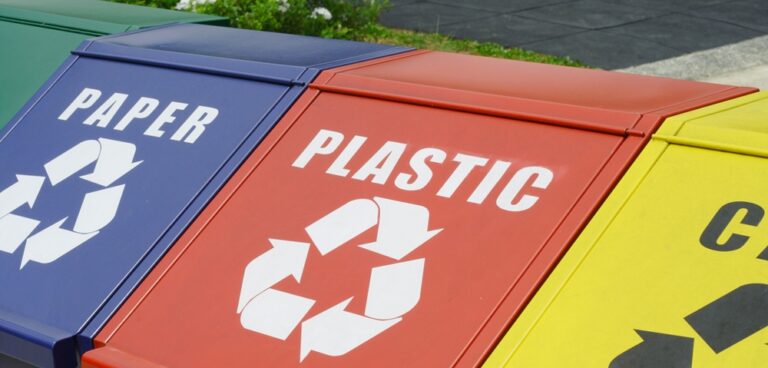Leading plastics innovator recommends migration away from dangerous ecommerce packaging practices.
As the world moves towards sustainable practices across all industries, retail and e-commerce businesses are under increasing pressure to reduce the volume of packaging and the environmental damage it creates.
E-commerce, in particular, has experienced significant growth in the last decade, with an increasing number of customers opting for next-day packaged delivery rather than picking it up themselves. Without a sustainable solution, the packaging problem which this creates will continue to escalate.
“The retail industry is constantly needing to innovate its packaging to meet demand, and to meet environmental expectations”, says Michael Laurier, CEO at Symphony Environmental Technologies.
“E-commerce and retailing have been moving away from plastic because there is so much public concern about the plastic which gets into the open environment, where it creates microplastics and lies or floats around for decades. They have therefore been moving to paper and cardboard products.
“Intuitively, you might feel that paper is more environmentally-friendly than plastic – after all, it is made from trees. It takes 24 trees to make just one ton of paper, and more than four times as much energy to manufacture a paper bag as to manufacture a plastic bag. Cardboard packaging is also much thicker and heavier, taking up more space in warehouses and in transport, thus requiring more, larger trucks with increased energy use and emissions.
Laurier continues, “Advocates for paper will say that paper bags are ‘green’ because they are often 100% recyclable, but a paper bag would need to be used at least 3 times to offset the environmental impact of its production. However, paper bags are not durable enough to be used 3 times, and they rarely survive a single use, as they tear easily and completely lose their strength when wet. They are also nowhere near as strong as plastic bags, so you need more of them.
“The majority of paper bags are made by heating wood chips under pressure at high temperatures in a chemical solution. These chemicals are toxic and contribute to air pollution, including acid rain, pollute waterways and can cause long-term damage to food chains when settled in sediment. Paper bags produce 70% more air pollutants and 50% more water pollutants than plastic bags.
“An innovative type of plastic called d2w allows e-commerce to get the cost reductions and other benefits of plastic without the environmental problems. D2w plastic can be reused and recycled during its service life and can even be made with recyclate, but if it gets into the open environment, it will convert into a biodegradable material and will not leave microplastics.”
In June this year, Symphony Environmental received approval for its d2w technology from the Environmental Protection Agency of the Republic of Ireland – a member state of the EU – which said:
“Following a thorough review of the submitted documentation and relevant scientific studies, we can confirm that d2w products do not fall within the scope of Directive (EU) 2019/904, which prohibits the use of certain plastic materials due to their contribution to microplastic pollution.”
“The d2w technology has been scientifically demonstrated to undergo full biodegradation without leaving behind persistent microplastics or toxic residues. This conclusion is supported by independent studies and aligns with the objectives of the Directive to reduce plastic pollution and promote sustainable alternatives.”
Laurier concludes: “E-commerce is bigger than ever, and it needs a more innovative packaging mindset to support it, as does traditional retailing – both the manufacturers who can easily use a d2w masterbatch at little or no extra cost, and the retailers choosing more serviceable, less expensive, and eco-friendly packaging options.”

